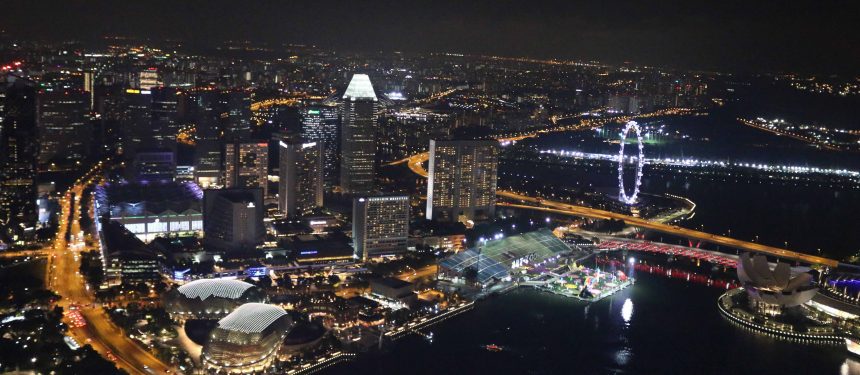The Asia Pacific Association of International Education has called for more work to be done to support mutual qualification recognition across the region and increase research opportunities and mobility.
News and business analysis for Professionals in International Education
Have some pie!
Qualification recognition needs work in APAC
 Further work is needed to create more cohesion across the Asia Pacific, says APAIE president Sarah Todd. Photot: The PIE
Further work is needed to create more cohesion across the Asia Pacific, says APAIE president Sarah Todd. Photot: The PIE Speaking at the association’s recent conference in Singapore, APAIE president Sarah Todd said that while arrangements such as the Tokyo Convention, which recognises qualifications between some countries within the region, was helping to improve mobility, there was still further work needed.
“We’re increasingly seeing universities across the APAIE area recognising short-term mobility”
“In Europe, there is more portability of qualifications because they have an approach as a union,” she told The PIE News.
“In the Asia Pacific… we’re still nowhere near as cohesive… in terms of credit transfer and total recognition of degrees.”
According to Todd, differences between higher education systems in each country, as well as language barriers and a large geography, left question marks on how a student could be mobile while still ensuring they were completing a relevant qualification, recognised in their home country.
“We cross hemispheres as well as crossing East-West, so defining the Asia-Pacific if you wanted to talk about higher education, there is no one-system that reflects all of us equally,” she said, adding that as the workforce changes in the future, getting qualification recognition right now was even more crucial.
“That is a challenge for universities around the world, but I think particularly in the Asia-Pacific where you have this diversity and these developing countries and less developed countries, we may not have a common view over that.”
As part of that recognition process, Todd pointed to evolving pedagogical models which incorporate activities outside the classroom.
“We’re increasingly seeing universities across the APAIE area recognising short-term mobility,” she said.
“Maybe it’s doing an internship or maybe it’s doing humanitarian work. But how do we then integrate back into the student’s academic program – that’s the big challenge for universities… and for students as well to think about the program they’ve been on.”
She added that APAIE was also seeking to include more delegates and members from within the region to participate in those conversations and ensure the association was not one “only the wealthy and well-developed universities and staff… can benefit from.”
The 2021 APAIE conference was awarded to Auckland during this year’s conference after the host city pledged to help bring more South Pacific delegates to the event.
Still looking? Find by category:


